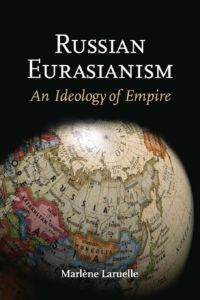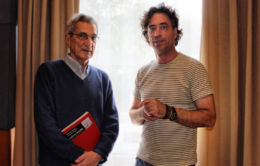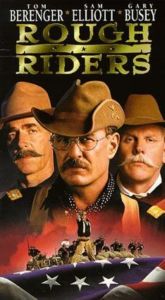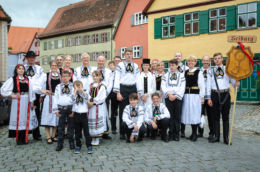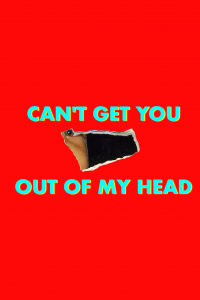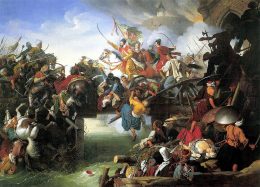Marlène Laruelle
Russian Eurasianism: An Ideology of Empire
Washington, DC: Woodrow Wilson Center Press, 2012
Eurasianism is the dominant ideology of Russia today, as well as of the “Stans” of Central Asia. Eurasianism is a civilizational ethos in its own right. It is a powerful subset of Orthodox civilization, which combines the destiny and cultures of the Russians and the Turkic people — either Orthodox or Muslim — in a single ideological narrative. (more…)
